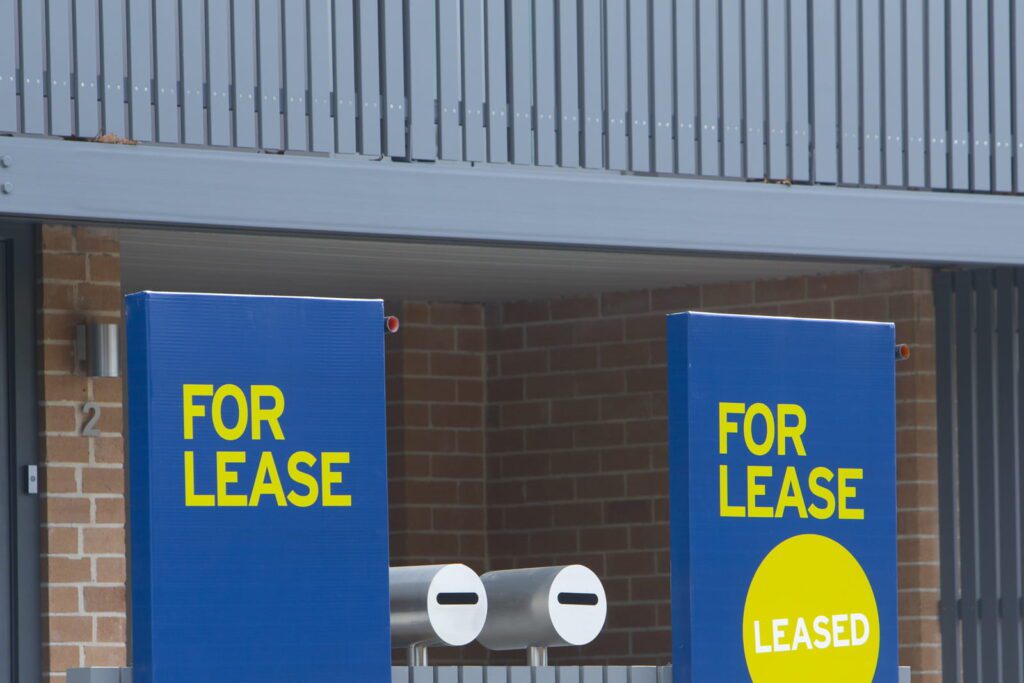Abusing the Aussie legal system to deport long-term residents

Deportation of Long-Term Residents: A Harsh Reality of Australia’s Immigration System
The troubling use of Australia’s legal system to deport long-term residents highlights a deeper issue: our connection to those who call Australia home, regardless of their citizenship status. Australia’s immigration laws, particularly Section 501 of the Migration Act 1958, expose not just legal loopholes but human ones.
This is especially true when targeting permanent residents who have lived most or all of their lives in this sunburnt country.
Many of these individuals are now in their 60s or 70s, with criminal records dating back to the 1980s. Removing them for “character” reasons feels not only harsh but completely out of touch. It is almost as though they are being punished a second time for mistakes made in their youth. Haven’t they already served their time and turned their lives around?
The Flawed Concept of “Alienage” in Australian Law
Imagine this: someone who has spent their entire life in Australia is still legally considered an “alien.” It seems absurd, doesn’t it? The High Court has, at times, examined whether certain non-citizens fall outside the typical legal definitions due to their strong ties to the Australian community. This legal grey area highlights a fundamental truth: being Australian is about more than just a passport or piece of paper.
The Double Punishment Dilemma
Many of the individuals affected by Section 501 were once involved in crime during difficult periods in their lives, escaping poverty, addiction, or other hardships. Now, decades later, deporting them feels like rubbing salt in old wounds. It’s as if the justice system is punishing them again for crimes they’ve already paid for.
The United Nations Human Rights Committee has criticised Australia for such practices. According to international standards, once a sentence has been served, that should be the end of the legal consequences. Yet under Section 501, that is not the case.
Indefinite Detention and Its Human Cost
One of the most troubling aspects of this policy is the potential for indefinite detention. Under Section 501, if a person cannot be deported due to lack of diplomatic arrangements or safety concerns in the receiving country, they may remain imprisoned with no clear end in sight.
Imagine being locked up for years simply because there is nowhere to send you. For elderly or unwell individuals, this is more than just a legal nightmare, it’s a humanitarian crisis.
The Ripple Effect on Families and Communities
These deportations don’t just affect individuals. They tear families apart, leave children without parents, and create emotional and financial strain on communities. These aren’t isolated cases—they’re stories of real people, deeply embedded in the fabric of Australian life.
Experts often refer to the merging of immigration and criminal law as “crimmigration.” This legal fusion only deepens inequality and perpetuates cycles of hardship, especially for those from marginalised backgrounds.
A Constitutional and Moral Call for Reform
When immigration laws override the decisions of criminal courts, it raises serious constitutional questions. If rehabilitation and community contribution matter, why are outdated convictions being used to justify exile?
Australia is home to millions of non-citizens who live, work, and contribute to the country every day. Their long-standing presence and community ties should be central to any decision about their right to stay.
Rethinking What It Means to Belong in Australia
As we confront these difficult stories, we must ask: What does it truly mean to belong in Australia? Is citizenship the only marker of identity and contribution? Or should long-term residents be considered part of the Australian story, regardless of paperwork?
With compassion and courage, we need to revisit laws like Section 501. It is time to recognise that belonging goes beyond legality—it is about shared lives, responsibilities, and futures.
Join the Conversation
What are your thoughts on Australia’s current immigration laws? Should long-term residents with past convictions be given a second chance? Share your views below.
Thinking about moving to Australia? Have questions or need help?
Join our free and supportive community here at Oz Visa Forum.
Post in our forums to get advice and support from people who’ve already made the move Down Under.
Not sure where to start? Click here to get started







Responses